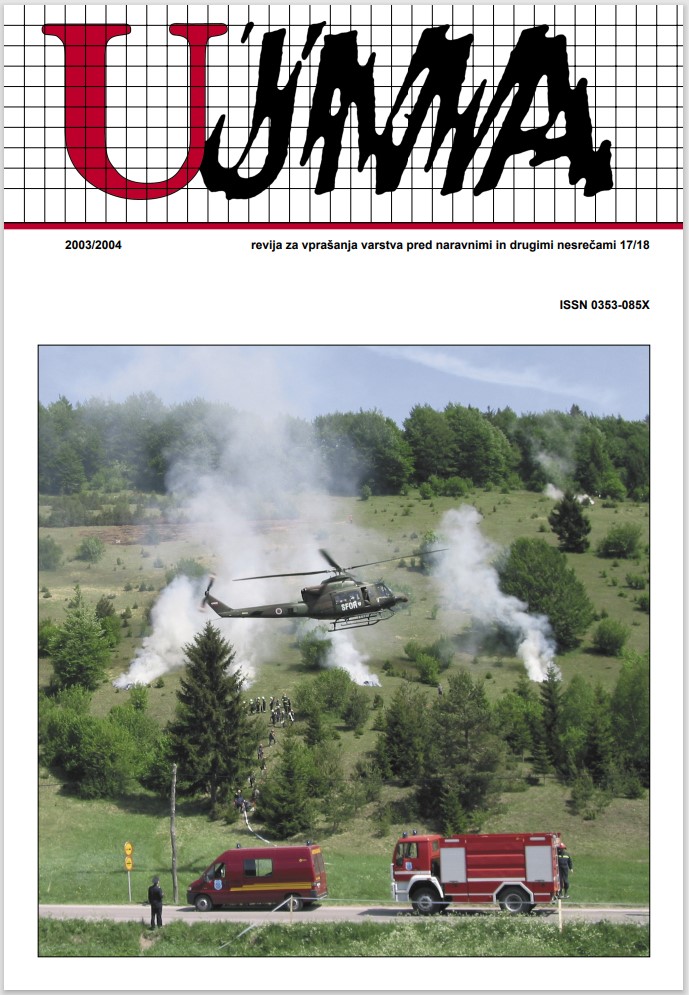CLIMATE IN 2003
Abstract
The year 2003 was the second warmest year on record for the globe and tied with 2002, but was colder than the record warm year of 1998. Data collected by the NOAA polar orbiting satellite indicate that the temperature centered in the lower troposphere was the third warmest since the beginning of satellite measurements in 1979, but the temperature of the lower stratosphere was below average. Record summer heat waves in Europe and Asia claimed losses of thousands of lives. During a 20-day heat wave, the maximum temperature in Pakistan reached as high as 52 °C. Conversely, extremely cold winter temperatures were recorded across Asia in January. Temperatures in northwestern Russia were as low as –45 °C, and thousands of deaths were attributed to extremely cold conditions in India and Bangladesh. Tropical cyclones, typhoons and heavy monsoon rainfall brought flooding to many areas of the world. The inhabitants of Argentina experienced the worst flooding in centuries due to several days of heavy rainfall in April and May, which caused major rivers to overflow their banks. Floods lasting several months in China brought death of hundreds of people. Heavy rainfall triggered numerous landslides, whose most disastrous consequences were felt in Indonesia, where more than a hundred people died. Over the entire year, severe to extreme drought was widespread in the western USA, as well as in parts of Australia, Europe and Africa.
References
Povzeto po http://www.cpc.ncep.noaa.gov/products/analysis_monitoring/lanina/
Climate of 2003, 2003 in Historical Perspective. Povzeto po http://www.ncdc.noaa.gov/oa/climate/research/2003/ann/ann03.html
Climate of 2003, January-December in Historical Perspective. Povzeto po http://lwf.ncdc.noaa.gov/oa/climate/research/2003/jan/global.html
Hazards/Climate Extremes. Povzeto po http://lwf.ncdc.noaa.gov/oa/climate/research/2003/jan/hazards.html
Downloads
Published
Issue
Section
License

This work is licensed under a Creative Commons Attribution-NonCommercial-NoDerivatives 4.0 International License.
The articles are made available to the public under Creative Commons Attribution-NonCommercial-NoDerivatives 4.0 International (CC BY-NC-ND 4.0).


